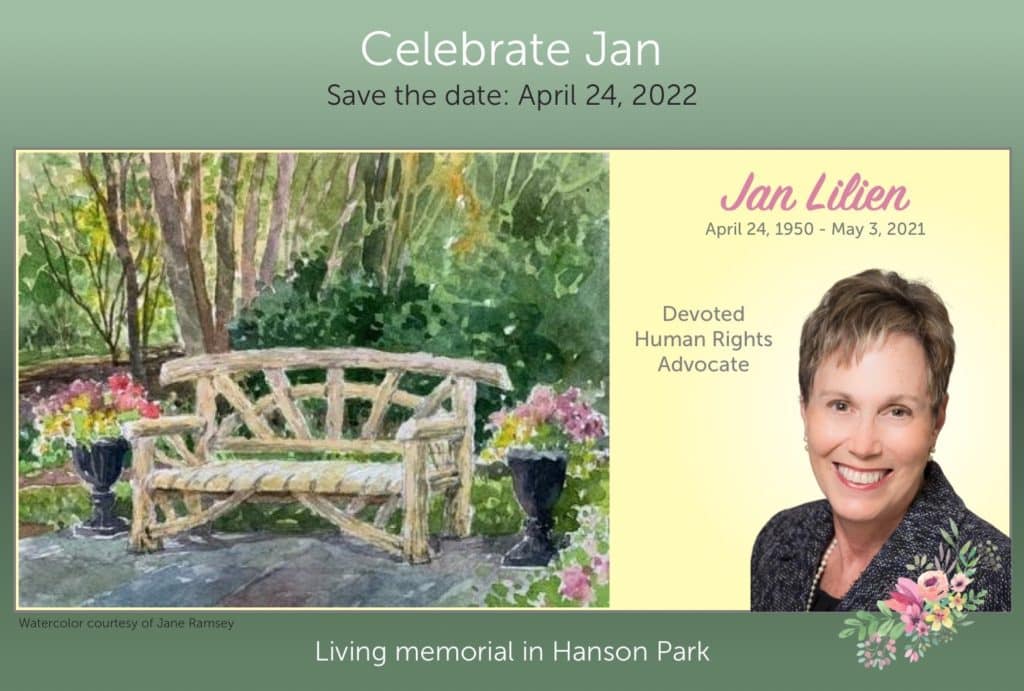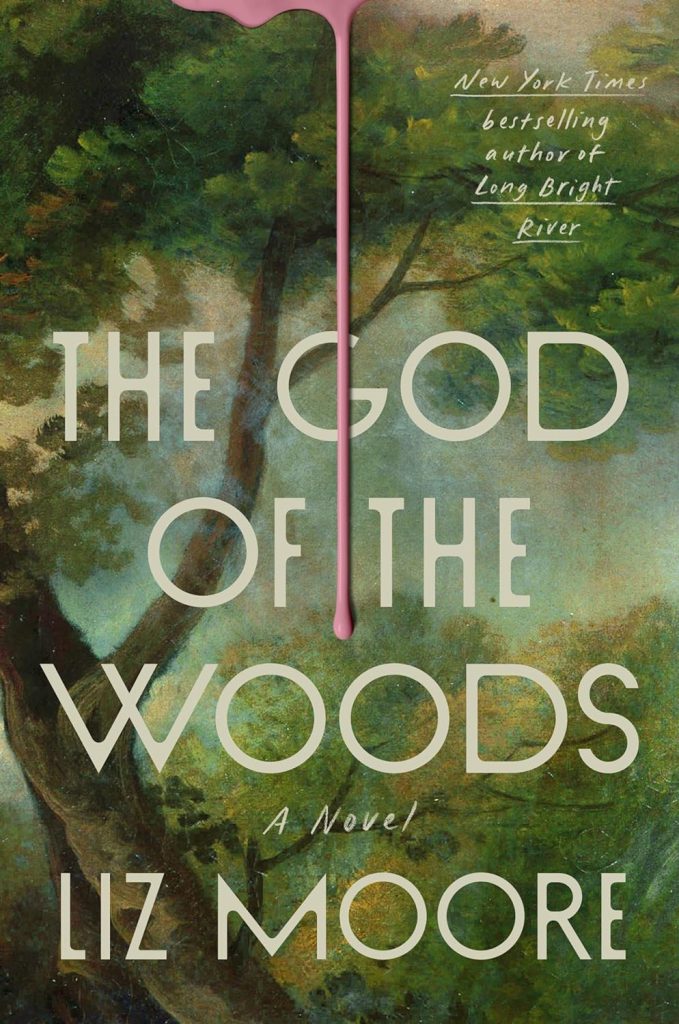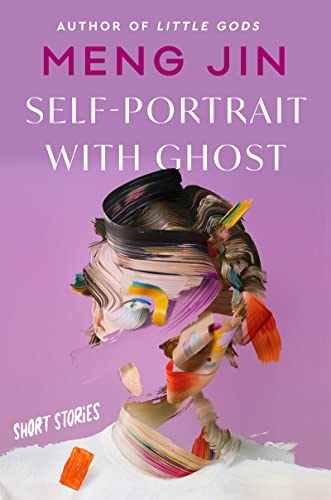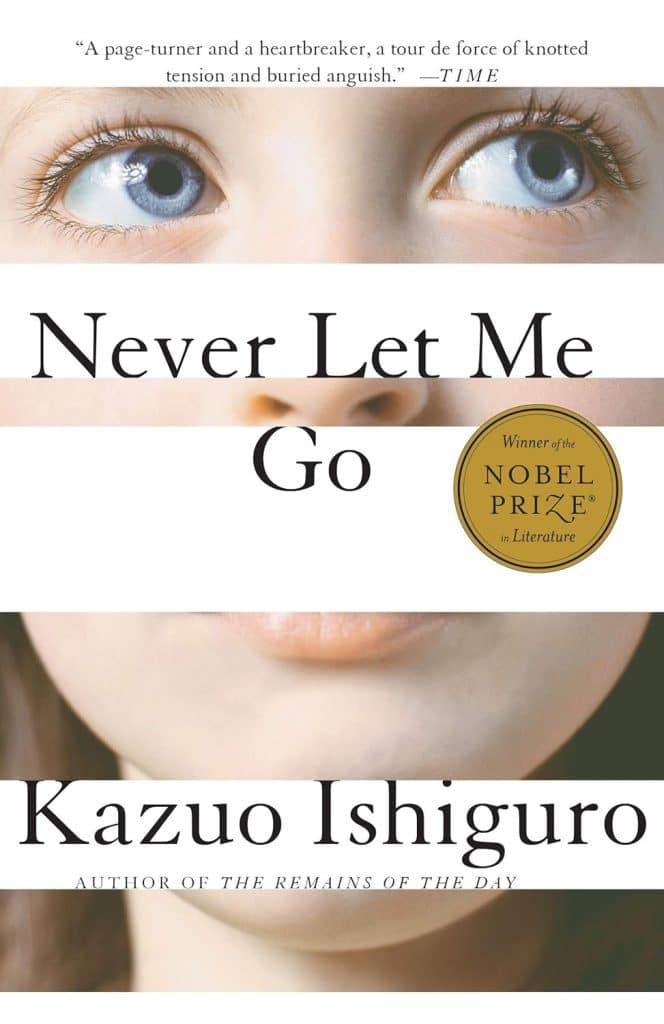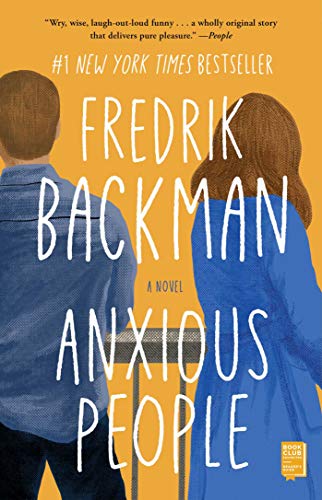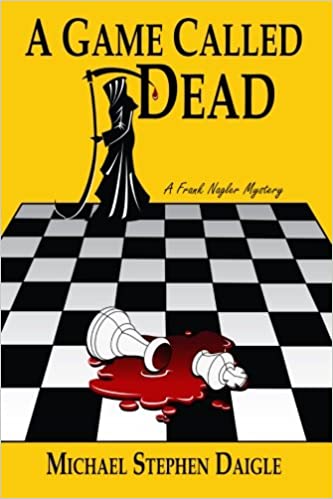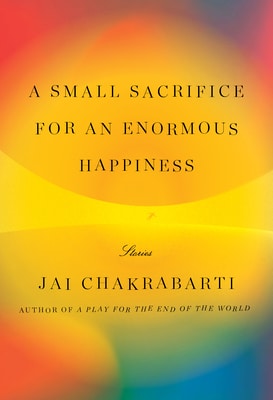True Meaning of Love
Estimated reading time: 2 minutes, 57 seconds
Love Never Dies!
I have always believed in community, friendship, and love. Although grief is one of my constant companions, I am stronger now than when I lost Jan died fourteen weeks ago. During hospice and the first few weeks after she died, I was barricading myself on an island of grief. My entire life experience should have taught me that would not work.
Despite that, living on an island of grief is so effortless. Once on the island, the walls shut you out from the world while growing taller and more substantial. They become impenetrable barriers that prevent you from seeing the outside world or those who want to help you reach inside the walls.
Two weeks after the loss, I realized the truth in what David Kessler, author of “Finding Meaning: The Sixth Stage of Grief,” said.
We need to know our loved one’s life mattered, our loved one’s death mattered. It brings us meaning to see our pain witnessed in someone else’s eyes.
David Kessler, “Finding Meaning: The Sixth Stage of Grief.”
On the third Monday, after she died, I asked myself what I could do to ensure that her life mattered and that her legacy would survive her.
I decided to call and email, which connected me to a local non-profit that manages a park in our town. As a result, we are building a living memorial to honor her in that park.
What began as a desire to plant a tree to honor Jan has grown into a living memorial.
- Our family is making a contribution to plant a Forest Pansy Redbud tree,
- One hundred seventy-three friends donated to purchase two memorial benches,
- Working with the Hanson Park Conservancy, we will transform the triangular garden at the entrance by adding a waterfall and slab benches for meditation, contemplation, and dreams,
- The final cost of the benches was less than the total amount donated. We will use the balance to establish the Jan Lilien Education Fund, which will fund ongoing educational activities at the park. Click here to contribute to the Education Fund.
The memorial benches and plaques are on both benches!
I have made similar phone calls and emails to her former employer and other groups. In each case, these efforts confirm that her life and legacy mattered.
What is love?
After fourteen weeks, I have come to understand love’s true meaning.
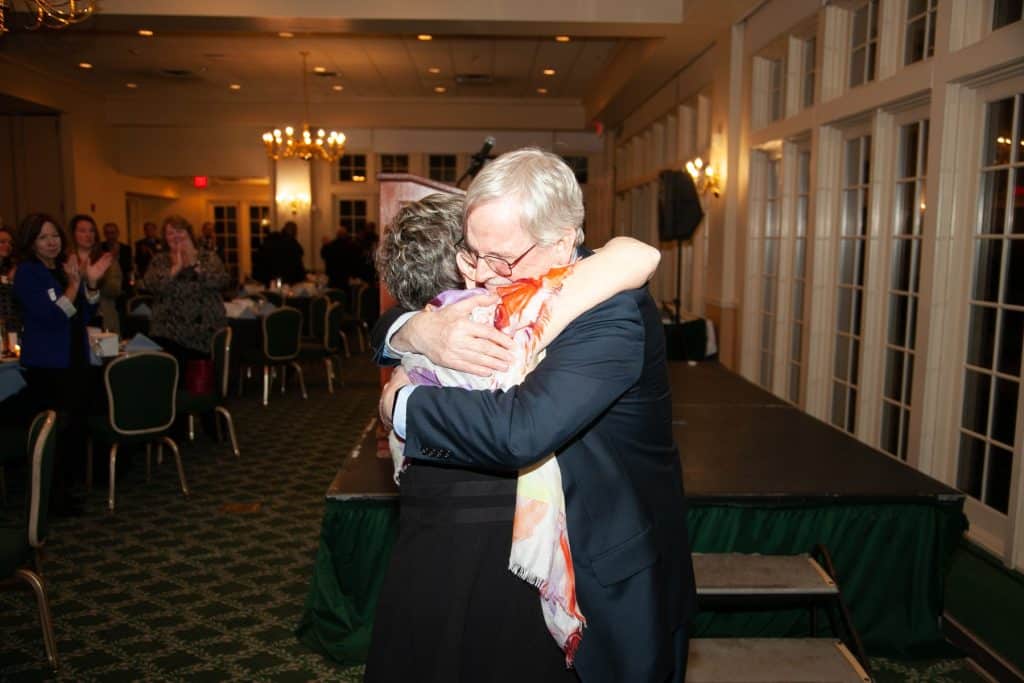
- It is not buying a rose for her the morning after we met, even though I did.
- It does not love her not only on the day we married but on every day of our lives together, even though I did that.
- It is not being faithful to her for forty-seven and half years, even though I was faithful to her.
- It is not being the best caregiver possible, even though I was the best I could be.
- It is what we do for the people we love when they are no longer with us.
Jan and I both liked Merrit Malloy’s poem Epitaph, which was read at her funeral and will be at mine. The last stanza explains why I am taking action to preserve her memory and legacy.
Love doesn’t die,
Merrit Malloy, Epitaph
People do.
So, when all that’s left of me
Is love,
Give me away.
Because love never dies, sharing Jan’s love is the true meaning of my love for her!
Did Jan and I know we were in love the day we met?

This work is licensed under a Creative Commons Attribution-NonCommercial 4.0 International License.
After almost 48 years, I recently lost my wife, Jan Lilien. Like The Little Prince, Jan and I believed that “The most beautiful things in the world cannot be seen or touched, they are felt with the heart.” This blog is a collection of my random thoughts on love, grief, life, and all things considered.


